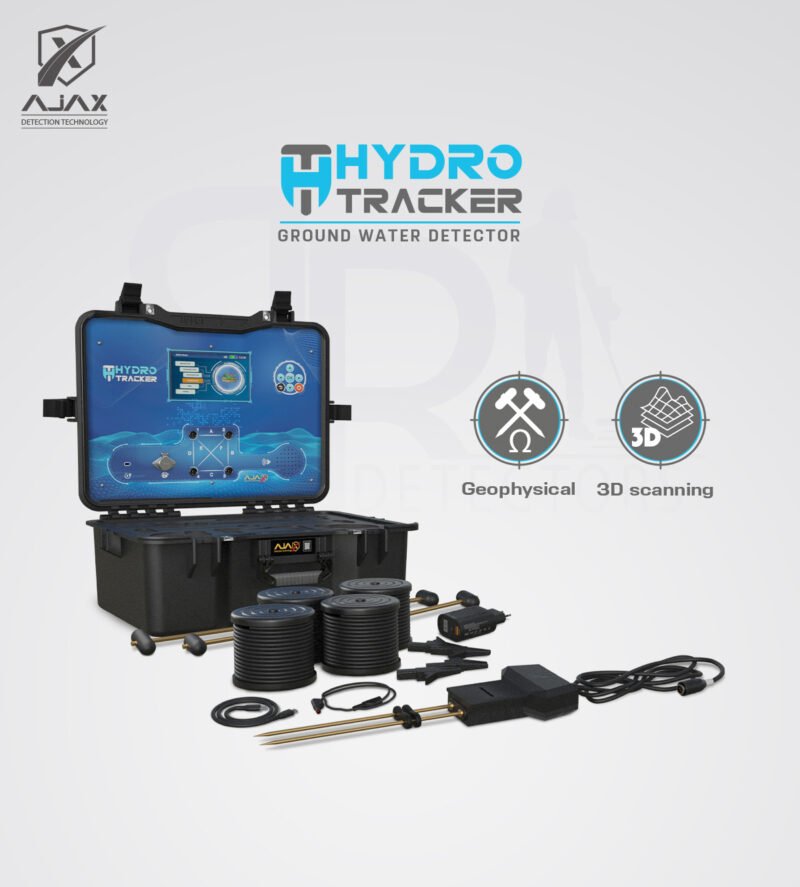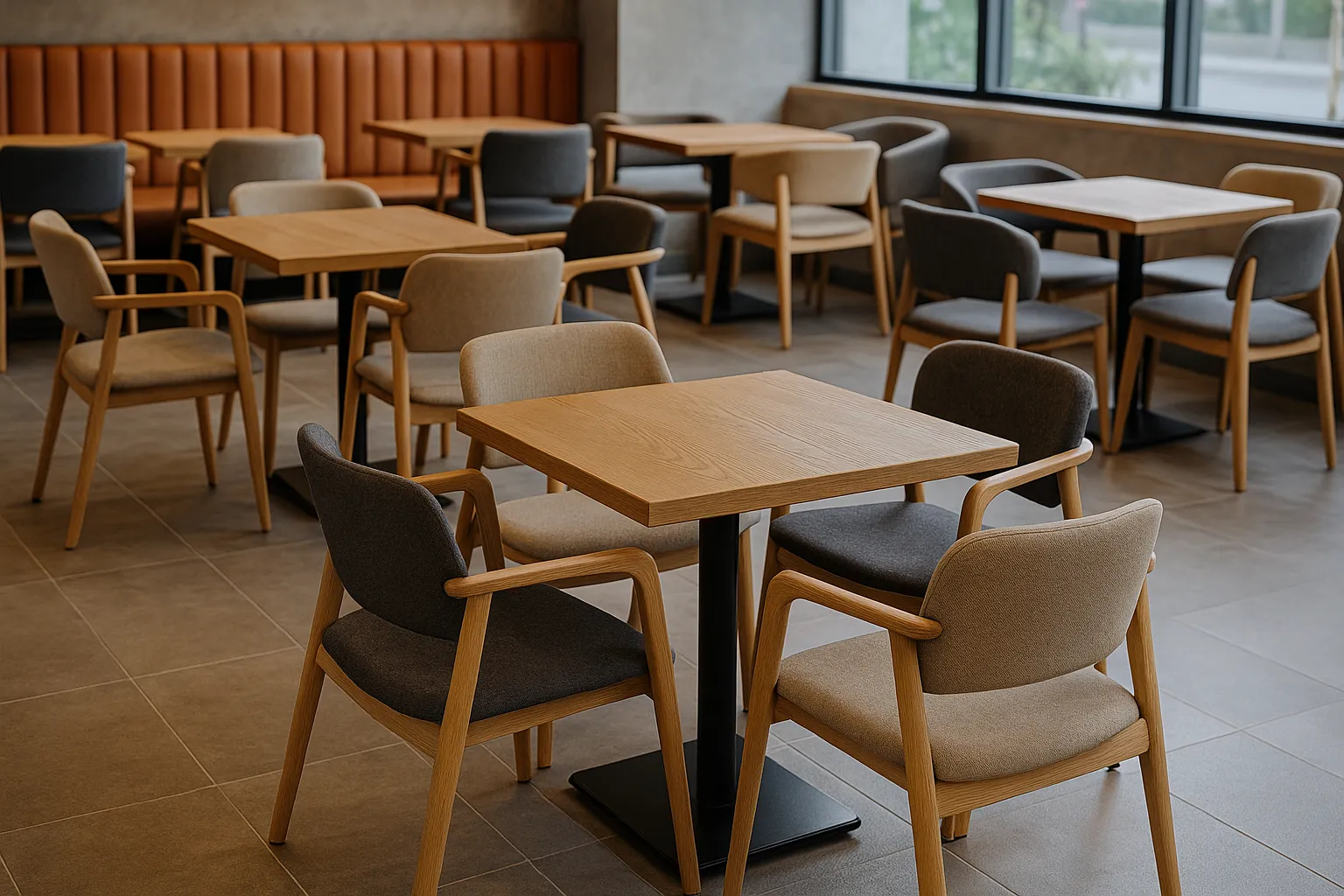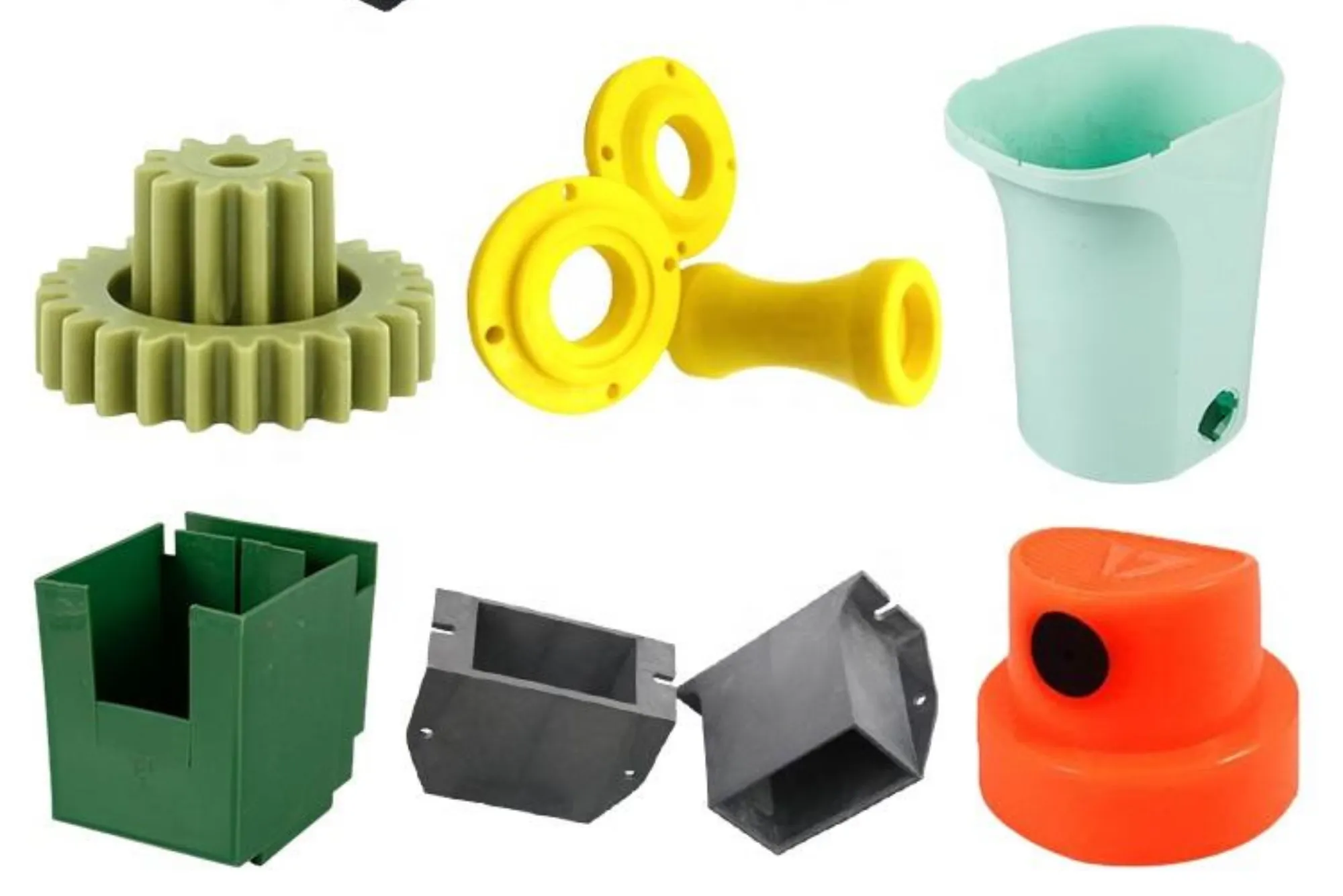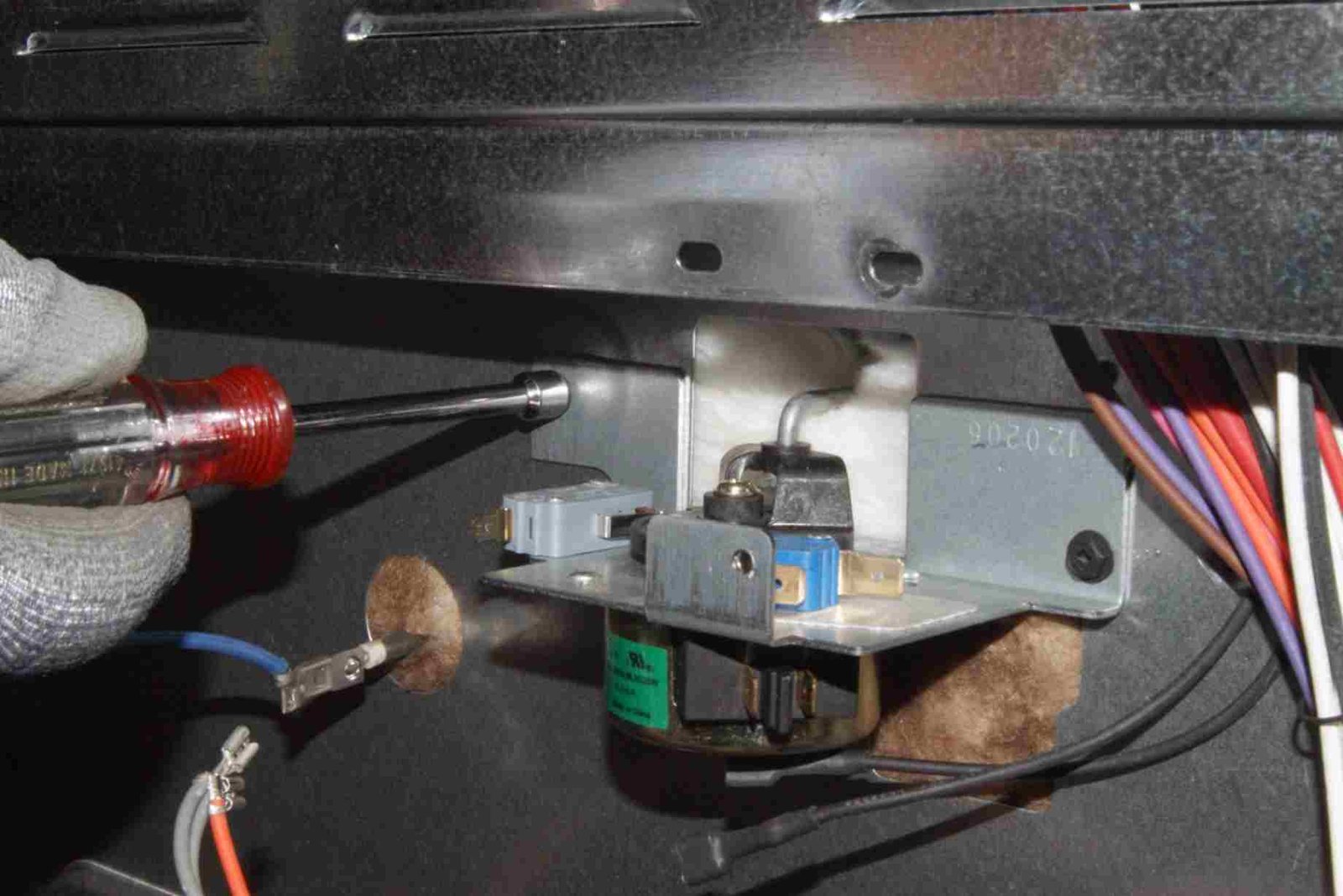Live sound engineering is at the very heart of every successful live performance, from concerts and festivals to corporate events and theatrical productions. Behind the flawless sound that captivates audiences lies the expertise of a skilled live sound engineer, capable of blending technical precision with artistic sensibility. For aspiring professionals, mastering this craft is not just about passion—it’s about learning the science, art, and technology that turn live audio into an unforgettable experience.
If you are looking to pursue live sound engineering in Delhi, India, and want the assurance of structured training, practical exposure, and recognized certification, enrolling in a trusted institute is the first step. Delhi, being a cultural hub with a thriving music and events industry, offers fertile ground for training in this field. At our institute, students gain not just knowledge but hands-on experience that prepares them for the fast-paced demands of the industry. In fact, you can find a trusted training institute on Google Maps for live sound engineering in Delhi, India, and take your first step toward a professional career.
This guide explores what makes our institute the right choice for those who want to build a rewarding future in live sound engineering.
Why Choose Live Sound Engineering as a Career?
Live sound engineering is much more than adjusting microphones or operating mixing consoles. It is a dynamic profession that requires engineers to:
-
Deliver high-quality audio during live shows, ensuring clarity and balance for both audiences and performers.
-
Manage advanced sound systems for different types of venues, ranging from intimate gatherings to large-scale arenas.
-
Troubleshoot and resolve technical issues in high-pressure, real-time environments.
The career possibilities after certification are vast. Graduates can work as:
-
Front of House (FOH) Engineers, mixing audio that the audience hears.
-
Monitor Engineers, designing sound mixes for performers on stage.
-
System Designers and Technicians, specializing in setting up and tuning professional audio systems.
-
Broadcast and Recording Engineers, extending their skills to live-streamed or recorded events.
-
Freelance Sound Professionals, offering services for corporate functions, weddings, tours, or festivals.
With Delhi’s ever-expanding event landscape, skilled engineers are always in demand, making this an exciting time to enter the field.
Why Our Institute?
When considering where to train in live sound engineering in Delhi, India, it’s crucial to choose a place that combines world-class curriculum, practical industry exposure, modern facilities, and recognized certifications. Our institute is designed to provide precisely that.
We don’t just focus on teaching theory—we emphasize hands-on practice, industry-standard equipment, and real-world scenarios. Students graduate with the confidence to take charge of live events, troubleshoot under pressure, and deliver results that match professional standards.
Our Live Sound Engineering Curriculum
Our program is structured to balance foundational knowledge with advanced techniques. Each module is designed by experienced professionals and tailored to industry needs. Students progress step by step, ensuring they grasp both the science and creativity behind live audio.
Key Learning Modules:
-
Introduction to Sound and Acoustics
-
Fundamentals of sound waves, frequencies, and human hearing.
-
Understanding acoustics and venue sound behavior.
-
-
Signal Flow and Audio Equipment
-
How sound travels from the source (microphone/instrument) to the speakers.
-
Deep dive into cables, connectors, amplifiers, and processors.
-
-
Mixing Consoles (Analog and Digital)
-
Hands-on training on industry-standard consoles.
-
Learning channel strips, EQ, dynamics, and routing.
-
-
Microphone Techniques
-
Placement strategies for vocals, drums, guitars, orchestras, and speech.
-
Understanding polar patterns and their applications.
-
-
System Setup and Tuning
-
Designing PA systems for various venue sizes.
-
Using software tools for measurement and alignment.
-
-
Wireless Systems and In-Ear Monitoring
-
Setup, frequency coordination, and troubleshooting.
-
Creating clear monitor mixes for performers.
-
-
Live Event Simulation
-
Students work on real-time concert setups, corporate events, and theater-style productions.
-
Emphasis on problem-solving and teamwork.
-
-
Troubleshooting and Crisis Management
-
Handling feedback, signal loss, and equipment failure in live scenarios.
-
By the end of the course, students don’t just learn the “how-to”—they understand the “why” behind every technique, which is what sets apart a good engineer from a great one.
Facilities and Equipment
To prepare students for the realities of the industry, our institute provides access to state-of-the-art facilities and professional-grade equipment. Training spaces replicate real event setups, ensuring that the transition from classroom to stage is seamless.
Highlights of Our Facilities:
-
Fully equipped practice studios with professional PA systems.
-
Industry-standard mixing consoles (both analog and digital).
-
Wide range of microphones for every application.
-
Wireless systems, in-ear monitoring devices, and processors.
-
Dedicated labs for acoustics and sound analysis.
-
Simulation setups for live concerts and theater productions.
We ensure that students are not just reading about equipment in manuals but actively working with them every day.
Certification and Recognition
Upon completion, students receive a recognized certification in live sound engineering, validating their expertise for employers worldwide. This certification signals to industry professionals that graduates are equipped with both theoretical knowledge and hands-on training.
Many of our alumni have successfully built careers in live event companies, production houses, and independent freelance work. Certification is not just a piece of paper—it’s a stepping stone to credibility, trust, and professional recognition.
Practical Training and Industry Exposure
One of the cornerstones of our program is practical training. We believe that the best way to learn is by doing. That’s why our students work on real-world projects, assisting in live events, concerts, and productions during the course.
This direct exposure allows them to:
-
Interact with artists, event organizers, and technicians.
-
Understand the workflow of live productions.
-
Apply classroom knowledge to real challenges.
-
Build confidence in handling professional environments.
In addition, our partnerships with event companies and production firms provide students with internship and placement opportunities, helping them take their first professional steps with guidance and support.
Career Opportunities After Certification
Graduates of our live sound engineering program find themselves equipped to handle diverse roles. The training opens doors to multiple career avenues:
-
Concert and Tour Engineers: Traveling with artists to ensure consistent sound quality across venues.
-
Corporate Event Specialists: Managing audio for conferences, product launches, and business summits.
-
Houses of Worship: Providing clear and reliable sound for religious gatherings.
-
Nightclubs and Theaters: Running shows that demand immersive and impactful audio experiences.
-
Broadcast and Streaming Audio Engineers: Adapting live sound skills for digital platforms.
With Delhi’s booming event industry, certified engineers are well-placed to start strong careers immediately after graduation.
Why Delhi is the Right Place to Train
Delhi, India, is more than just the capital—it’s a thriving hub for culture, music, and live entertainment. From international concerts to traditional festivals and high-profile corporate gatherings, the city offers unparalleled opportunities for exposure and learning.
For aspiring engineers, training here provides a front-row seat to the action. Students not only study the craft but also witness its application in one of the busiest live event ecosystems in the country.
Getting Started
Admission to our live sound engineering program is designed to be accessible while ensuring that students are committed to the craft. Basic eligibility includes a minimum 10+2 qualification, with a strong interest in music, technology, and live events.
The enrollment process includes a counseling session where prospective students can learn more about the curriculum, facilities, and career pathways. This ensures that every student enters the program with clarity and confidence about their journey.
Conclusion
Pursuing live sound engineering in Delhi, India is more than just learning a skill—it’s about stepping into a vibrant industry with endless opportunities. At our institute, students gain a strong foundation in theory, unmatched hands-on training, and the certification needed to thrive in the competitive world of live events.
With professional guidance, modern facilities, and real-world exposure, graduates leave not just as learners but as confident sound engineers ready to make their mark. If you’re passionate about music, events, and creating unforgettable live experiences, this is your chance to transform that passion into a lifelong career.








